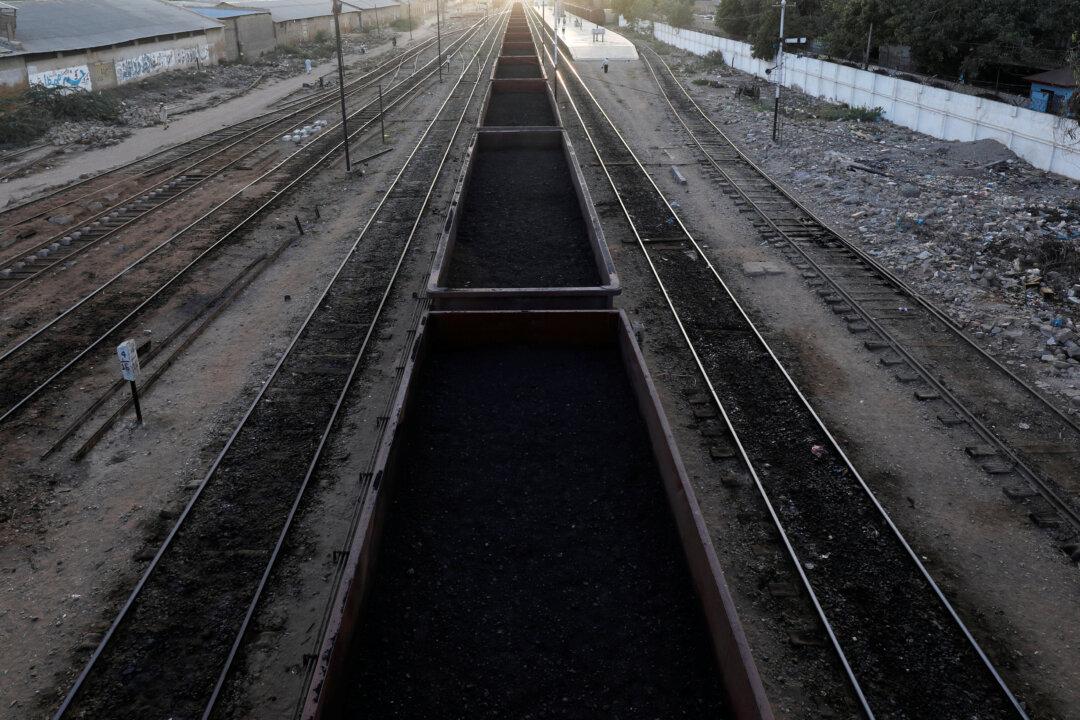LAHORE, Pakistan—Islamabad has slashed the size of the biggest Chinese “Silk Road” project in Pakistan by $2 billion, Railways Minister Sheikh Rasheed said, citing government concerns about the country’s debt levels.
The change is part of Islamabad’s efforts to rethink the One Belt, One Road initiative (OBOR, also known as Belt and Road) projects in Pakistan, where Beijing has pledged about $60 billion in financing but the new government of populist Prime Minister Imran Khan appears to be more cautious about the investment.





